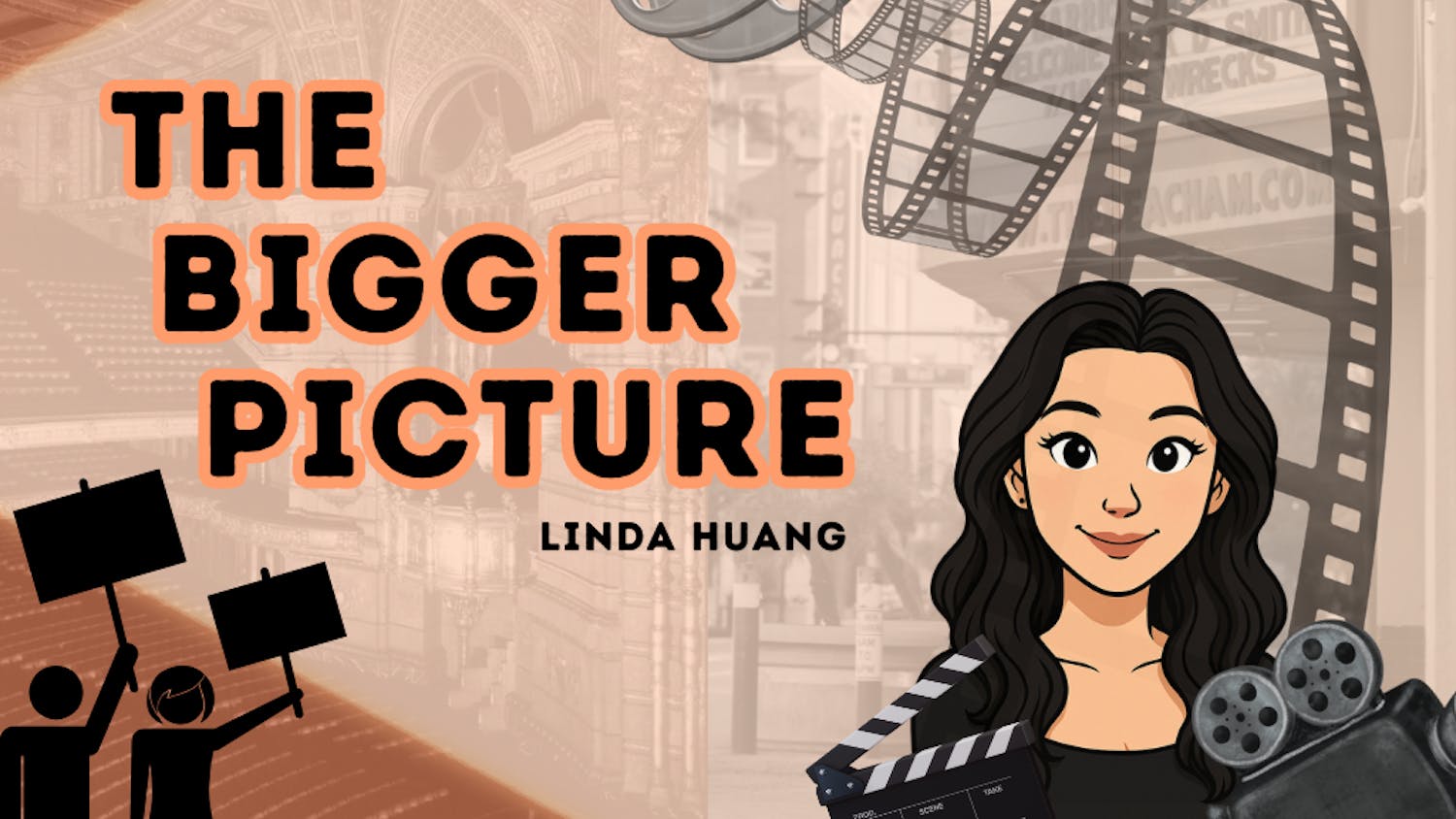Film has long been an artistic medium used to process historical events, both recent and distant. Sometimes films use historical events as a jumping off point or a backdrop for a mainly fictional story, like the way Oscar-nominated film "Dunkirk" (2017) uses World War II to tell stories about fictional people. Sometimes the links are more direct, with specific events and people taking the main focus of the film. English filmmaker Paul Greengrass' most recent release, "22 July," has been facing a storm of controversy due to the fact that it falls into the latter category.
Greengrass' film focuses on the terror attacks that took place on July 22, 2011 in Oslo, the capital of Norway, and Utoya, an island about 20 miles northwest of the Norwegian capital's center. The terrible events of the day left 77 people dead and hundreds injured, with many of the fatalities being teenagers.The film follows victims of the attack and its impact on their lives. It also devotes a significant amount of the film's 143-minute run time to the perpetrator, focusing on both him carrying out the atrocity as well as his criminal trial. In the wake of the release of "22 July" on Netflix and in select theaters, there has been some public outcry,with many arguing that the subject matter is too sensitive to be made into a film.
Here is what I am interested in: Where is this line? What are we allowed to create art about and what are we not? And within that, how do we remain respectful?
Some have argued that there is enough space between the events and the release of this film, with the seven-year gap between the two being, albeit marginally, larger than the five-year difference between the events of the 9/11 terror attacks and the release of another of Greengrass' successful films, "United 93" (2006), whose structure is in much of the same vein as his most recent venture.
"United 93" was received very positively, with Roger Ebert going as far as to say that the film "does honor to the memory of the victims," awarding it four stars out of four.
This brings us to the third clause of my line of questioning. Was "22 July" a respectful dramatization?
The film, despite taking place in Norway, exclusively features dialogue in Norwegian-accented English, an artistic decision that I am torn on. The use of English as opposed to vernacular language is not my favorite trend; it doesn't make any narrative sense. Honestly I've never found reading subtitles terribly difficult, but I understand why it occurs.
Norwegian filmmaker Erik Poppe's recent re-telling of the tragedy in "Utoya: July 22" (2018) was received more positively, but it hasn't received the same global distribution as Greengrass' film. It would be naive to overlook the fact that Norwegian-language films do not carry the same global appeal as English-language films. One could argue that the choice to make the film in English allows the film to bring more awareness to the atrocities of the event. It is clear, however, that when it comes to coping with tragedy, we all speak the same language.
Movie Theater Butter: Remembering, retelling, respecting






